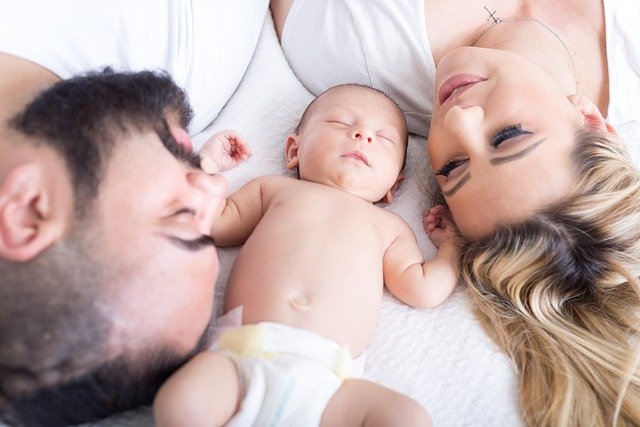Many parents currently upload videos and photos of their children to social networks; it is a way of sharing the love they feel for them and for the world to see it. On Facebook and Instagram are the social networks where parents enjoy posting photos of their sons and daughters online. Hitting the ‘share’ button is easy, but what you post on social media can affect the safety of your children.
When social networks are not used well or given more importance than it is, it can also affect the relationship with your friends and even the relationship that others have with you. Parents need to know some tips before thinking about the next update.
Ask your children for consent.
Perhaps you are used to making decisions for your children, when it comes to food, clothing and even extracurricular activities (although the latter is important that they decide what they like to do and what not). But it may be a good idea to ask if they agree to you sharing their images for other people to see. In this way, you are teaching your children that they are masters of their bodies and that they have the decision to have their privacy.
Between 4 and 6 years old, you can already ask your children for permission because they are capable of understanding it. It is a way to give children their own voice and to learn respect for themselves and others. They will learn in the same way, not to share in the future photographs of other people that may be humiliating when they have access to their own social networks.
Privacy settings
Although this is obvious, it never hurts to remember it. There are many users of social networks, who use them every day, who forget to configure the privacy of what they share with others. It is essential that when you have a private social account, the privacy filters are activated because in this way the images or videos that you upload online will not be seen by everyone, only those people who are closest to you.
In addition, it is also important not to accept all the friend requests that come to you or from those people you do not know. Remember that social networks are a virtual window into your daily life, and giving more information than necessary through images and videos is never a good option.
Think about the feelings of others
Those birthday party snapshots can be emotionally damaging for kids (and parents) who weren’t invited. If you want to share images or videos that you think can hurt others emotionally, to avoid having problems with other people, the idea is to share those images privately. The same is true if you are pregnant, you may have friends who are struggling with infertility, and it can be painful for them that you are in a state of good hope.
Beware of photos of other’s children.
Be careful with the photographs of the children of others, if you want to publish a photograph of your child’s friend, always ask their father or mother for permission before sharing it on a specific network, and also, keep in mind the privacy that is important to have on social media.
Be a good model
Older children often pay attention to what you post on social media. Think twice before making an offensive comment, watch out for getting into fights online … Be a good role model and if you have to discuss something or settle a conflict, do it in person. Parents should support children in learning to use social media in positive, constructive, and productive ways.
